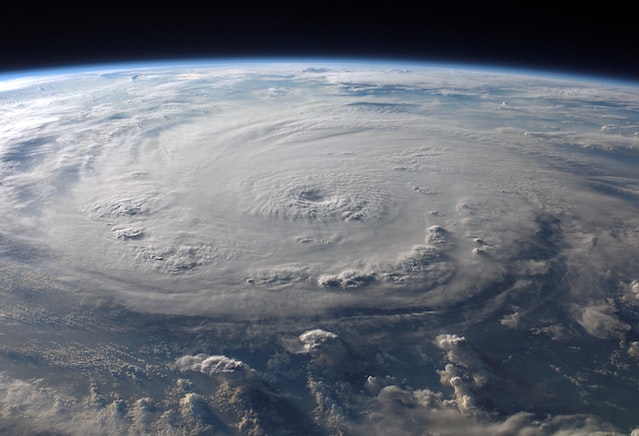Natural disasters, such as hurricanes, can present unexpected challenges for businesses with physical locations. The importance of preparation cannot be overstated, and while there are steps to take, it’s equally valuable to understand what measures to avoid. Here’s a guide to what business owners should steer clear of in the crucial time leading up to a hurricane.
1. Disregarding Weather Alerts
It’s crucial not to overlook weather warnings when a hurricane is approaching. The accuracy of modern weather forecasting can provide businesses with essential information for making informed decisions. Dismissing these alerts might put your employees, customers, and property at unnecessary risk.
2. Lacking a Comprehensive Plan
Preparing for a hurricane requires a well-considered plan. Failing to have a comprehensive strategy in place can lead to confusion and complications. Your plan should address employee safety, communication methods, safeguarding assets, data protection, and ensuring continuity of operations. Neglecting this aspect can result in prolonged downtime and financial setbacks.
3. Neglecting Employee Well-being
The safety and well-being of your employees are paramount. Overlooking their safety during a hurricane can have far-reaching consequences. Make sure you have communicated evacuation plans and remote work options, and avoid requiring employees to travel to work when it’s unsafe.
4. Inadequately Protecting Physical Assets
It’s important not to leave your physical assets vulnerable to damage. Secure weak points like windows and doors, and safeguard valuable equipment and documents. Neglecting these precautions can lead to significant financial losses and disputes with insurance providers.
5. Ineffective Communication Strategies
Solid communication is essential during a crisis. Failing to establish clear communication channels with employees, customers, suppliers, and stakeholders can hinder recovery efforts. Utilize various means such as social media, emails, phone trees, and mass notifications to keep everyone informed and minimize confusion.
6. Ignoring Data Backup and IT Security
In the digital age, safeguarding data is as vital as protecting physical assets. Relying solely on on-site servers without adequate backup and remote access options is risky. Hurricanes can disrupt power and damage equipment, leading to potential data loss. Also, ensure cybersecurity measures are in place to prevent cyberattacks during the tumult of a hurricane.
7. Overlooking Insurance Coverage
Reviewing your insurance coverage is essential before hurricane season. Not fully understanding your policy’s terms, coverage limits, and exclusions can result in unexpected expenses. Consider that flood damage often requires separate insurance coverage. Don’t wait until it’s too late to realize you’re underinsured.
8. Underestimating Recovery Time
Give ample consideration to the time it takes to fully recover after a hurricane. Returning to normal operations can be a gradual process, especially if infrastructure, supply chains, and utilities are disrupted. Preparing for an extended recovery period and managing expectations will help mitigate stress and financial strain.
9. Neglecting Community Engagement
Businesses are integral parts of their communities. Overlooking community involvement during preparedness efforts can strain relationships after a disaster. Being proactive and supporting community preparedness initiatives can foster goodwill and strengthen bonds within the community.
10. Not Learning from Past Experiences
If your business has faced hurricanes or other disasters in the past, ensure that those experiences inform your future preparedness plans. Post-event evaluations offer valuable insights into effective strategies and areas for improvement. This ongoing learning process can better equip you to handle similar situations in the future.
In conclusion, preparing your business for a hurricane requires foresight, effective communication, and a commitment to safety. By avoiding common pitfalls, you can minimize risks, protect your assets, and prioritize the well-being of your employees and community. Learning from the mistakes of others and maintaining a proactive approach will enable you to weather the storm with resilience and emerge stronger on the other side.
Author: The Room
Marketing





